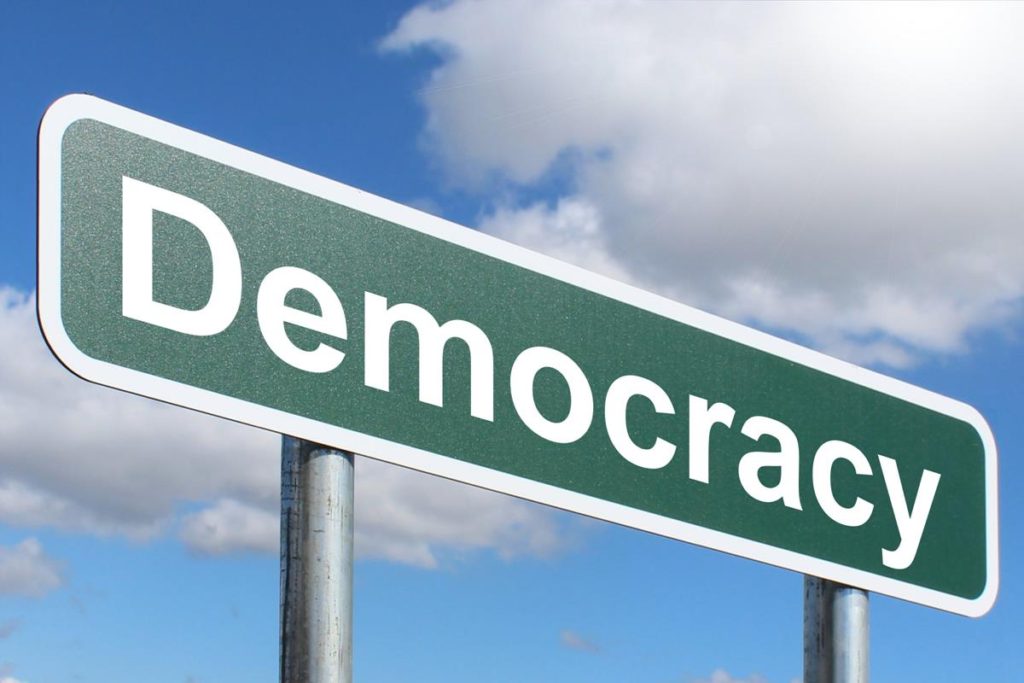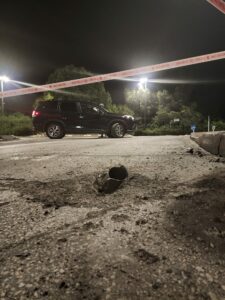The first time I flew to the United States for lectures, a couple sat next to me on the plane. I immediately recognized that they spoke Persian. I was curious and initiated a conversation with them. I did not hide the fact that I am Israeli. They fled Iran about 20 years ago and opposed the Ayatollah regime.
I asked them if most Iranians think like them and they answered yes. “So why are you not overthrowing this regime?” I asked almost defiantly. “You do not understand what it is like to live in a dictatorship. You grew up in a democracy.” They answered me. This conversation is etched in my memory.
Although the COVID-19 crisis has faced democracies with difficult questions and a new challenge, we who live in free countries are fortunate. We have the right and the ability to demonstrate and express strong criticism against our leaderships. We have the right to choose our leaders and the role of our leadership is to serve us and not the other way around. This situation does not exist at all in Middle Eastern countries. And sometimes, when we wonder why the masses in Iran or Turkey do not revolt, we tend to forget what fear is. What does fear look like in non-democratic countries? And to what extent this fear paralyzes and does not allow for the corrupt rule to be replaced.
Interestingly, when you look at Lebanon and Syria, you discover much more complex stories.
In Syria, the fear led to an uprising that lasted ten years and destroyed the country. Finally, thanks to external intervention, the cruel regime defeated its people but became a puppet in the hands of regional and international powers.
In Lebanon, a country that has no dictatorial rule, but also fails to run democratically, the people have taken to the streets but corruption is so ingrained everywhere in a country that it is very difficult to produce an alternative. This has led to a deep economic crisis in Lebanon about which we have written extensively in recent weeks. Many Lebanese are leaving their homeland, leaving it easy prey for Hezbollah, which serves to benefit Iranian interest.
In all the countries of the Middle East, the elite that opposes the government eventually escaped and continues its resistance from the places of exile. Without freedom there is no hope, where there is fear there is no prosperity.
The COVID-19 crisis has revealed controversies and shortcomings in many companies around the world. Despite this we are living in democratic and free countries should be grateful that we can talk about these controversies. Recognition of this is the best vaccine of any economic, political, and social crisis that the corona has caused and will allow humanity to look to the future with hope rather than fear.
To my American friends, I would like to send congratulations from the only democracy in the Middle East to the greatest democracy in the world – good luck.
*Featured image: Nick Youngson CC BY-SA 3.0 Alpha Stock Images






